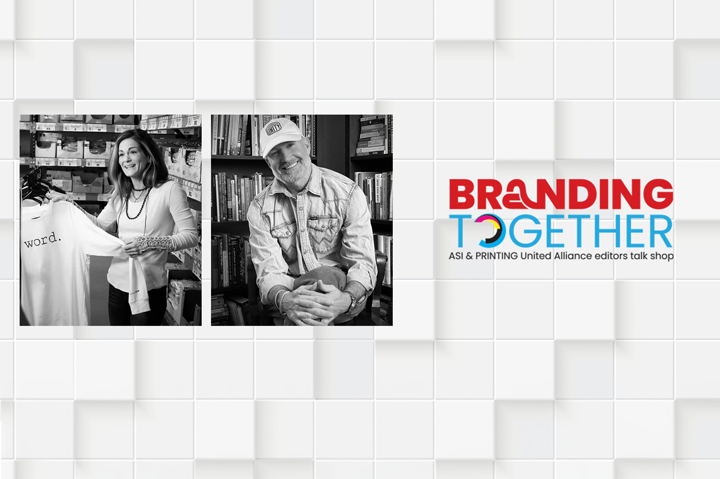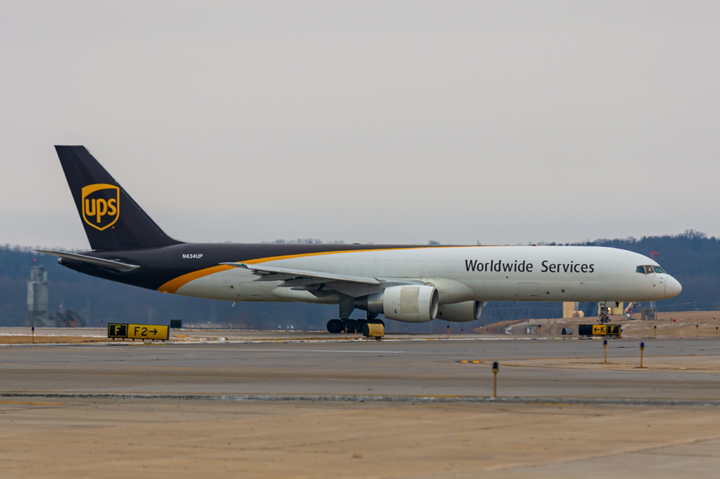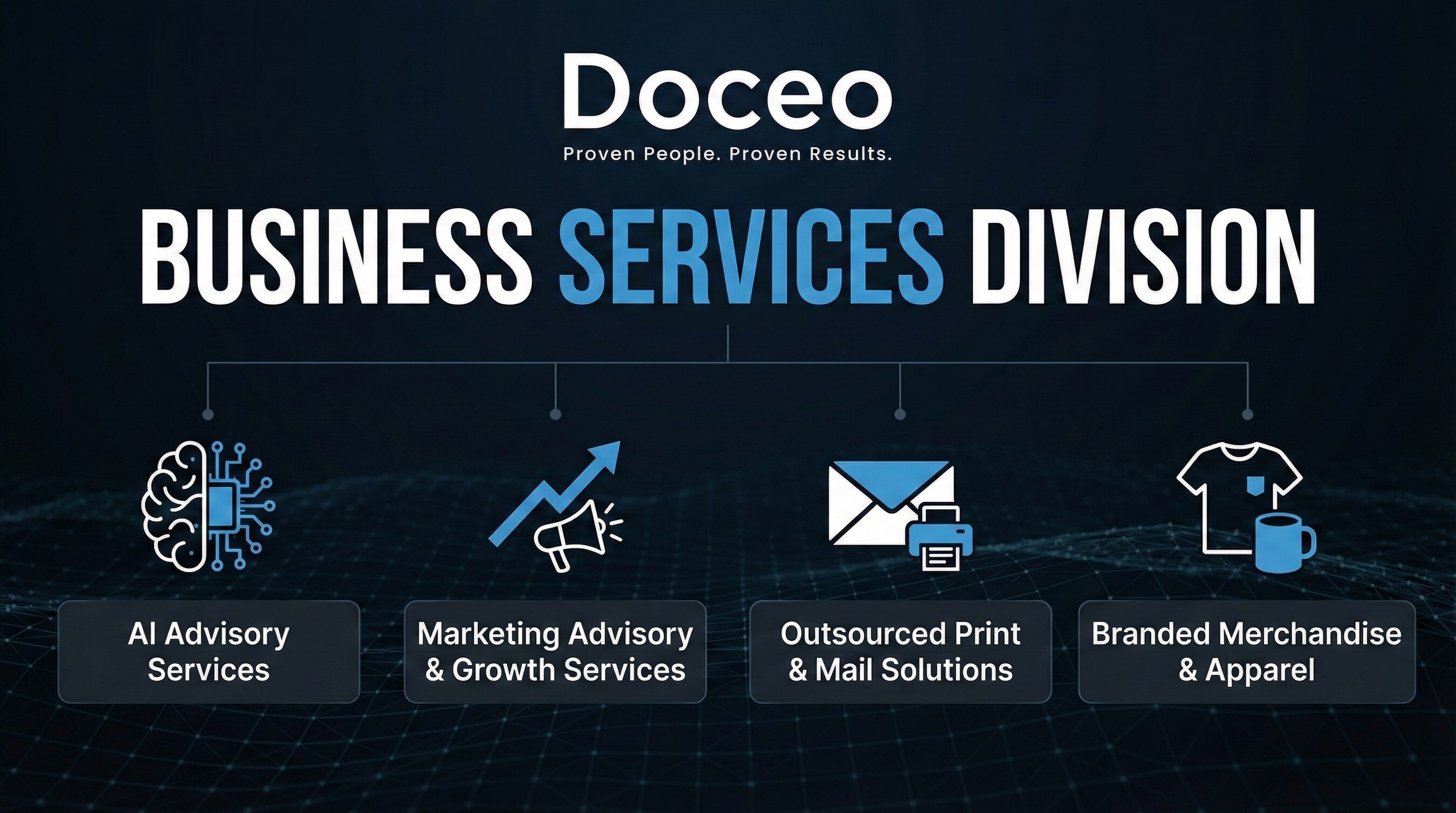ASI Member? Login here to access Education, Research, ESP, Pay Your Bill, Find a Supplier and much more.
Not an ASI Member? Learn more about ASI today!
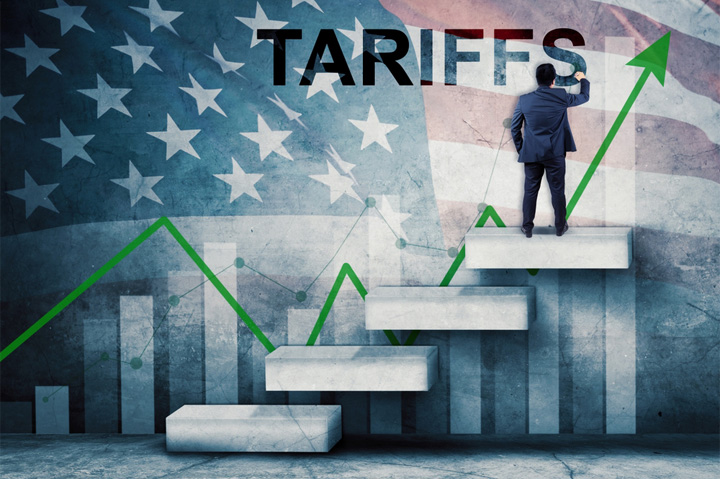
What the Data Reveals About Tariffs’ Monumental Impact on Sourcing – and the Industry
Even as the Supreme Court ruling throws the future of tariffs into question, 2025 numbers reveal record customs collections and a significant pullback in imports from China.
Top Stories
Proforma OnePoint on the Smartest Way To Sell Print
Scott Whitten, CEO of Proforma OnePoint, brings more than 20 years of print experience to the promo space, serving as a one-stop shop for clients.
Gildan Reports Record Fourth Quarter, Nearly 11% Sales Growth for 2025
The jump in sales includes contributions from Hanesbrands, which the Counselor Top 40 supplier officially acquired in December.
Refunds? Price Cuts? What the Supreme Court’s Tariff Ruling Could Mean for Your Business
The highest court struck down many of Trump’s tariffs, but a new global tariff and ongoing policy shifts are leading to uncertainty among promo companies.
PCNA, ETS Express Selected as the Exclusive Providers of Stanley 1913 Products to the Industry
Counselor Top 40 supplier PCNA first partnered with the retail brand in 2023; the agreement is new for ETS Express, an independent subsidiary of PCNA.
Latest News
-
In The News - March 2026
-
At NYC’s Lunar New Year Parade, Branded Merch Was Almost Nowhere To Be Found
-
Kati Sportcap & Bag Adds Laser-Cut Hat Styles From 10 10 Hats to Its Promo Lineup
-
4 Ways To Boost Your Sales Force
-
TSC Announces Three Leadership Promotions
-
A Regional Trade Show With a Global Reach: CTCO 2026 Puts European Promo on an International Stage
Product Hub

Products
This Week’s New Suppliers: Unmatched New Products
Discover creative products from new ASI suppliers.

Products
Editor’s Picks: Bold Wine & Bar Accessories
Restaurants, bars and events can elevate their branding with useful items featuring custom logos or messaging.
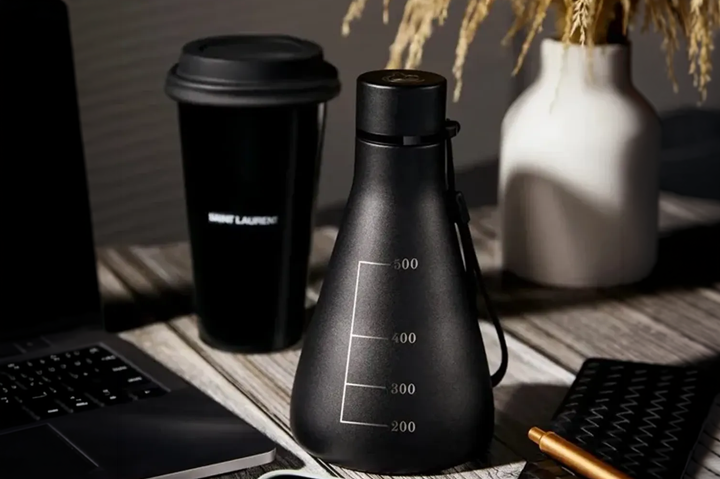
Products
This Week’s New Suppliers: New Promo Heating Up Sales
Discover creative products from new ASI suppliers.

PromoStandards Hosts 4th Annual Tech Summit in Florida
The three-day event featured education sessions, networking opportunities and the organization’s People of the Year awards.
-
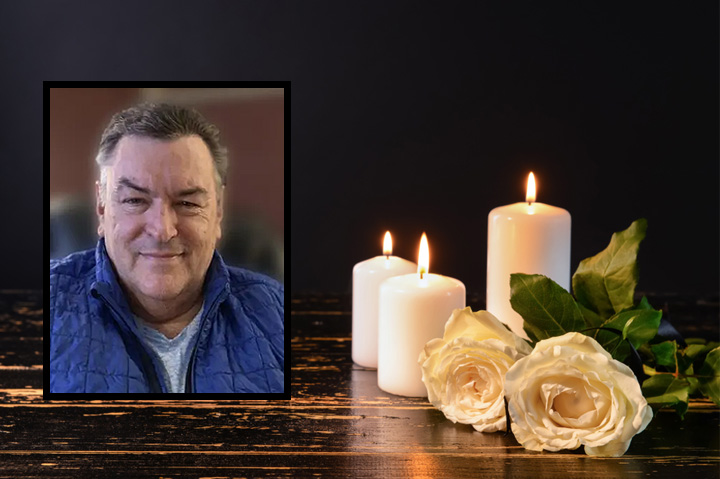
Obituary: Dave Wilson, Genumark
Wilson spent 30 years at the company’s Winnipeg office, alongside his wife and two sons.
-
In The News - February 2026
Commonsku has appointed Maria Acquarola as outside sales director. She has nearly eight years of industry experience, most recently as director of strategic...
-
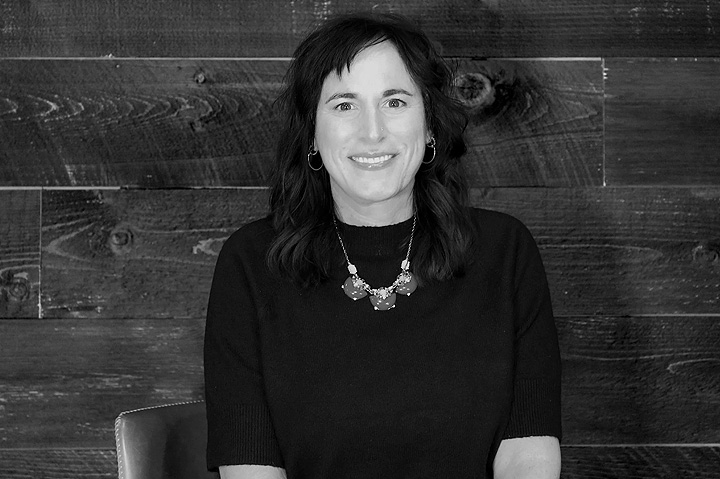
Imperial Names Jane Smith VP of Marketing
Over her 25-year career, she has held positions in apparel and at large brands like Microsoft and Dell.
-
World Emblem Opens 72,000-Square-Foot Factory in Houston
The Counselor Top 40 supplier said it plans to add as many as 100 more jobs at the facility, as demand for patches and emblems grows.
Promo for the Planet

Sustainability
Sustainable Merch Summit 2026 Set for Earth Day
The second annual virtual summit, hosted by the Branded Merch Network, ASI, Apparelist and 2 Regular Guys, will cover the importance of certifications and reveal the real state of sustainable merch.
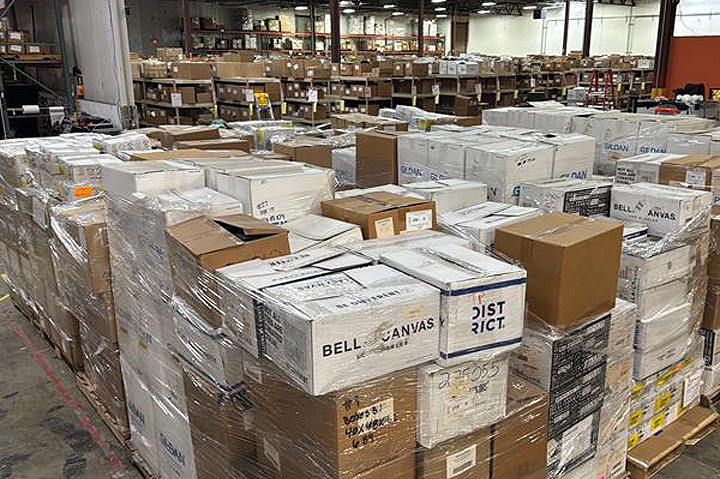
Sustainability
In 2025, SwagCycle Facilitated Nearly $9M in Charitable Donations
The landfill diversion solution for the promo industry has enabled more than $12.6 million in charitable giving since launching in 2019.

Sustainability
Q&A: Mel Lay of Allmade on the Importance of Showing Your Impact
The sustainable apparel supplier recently updated the impact calculator on its website.
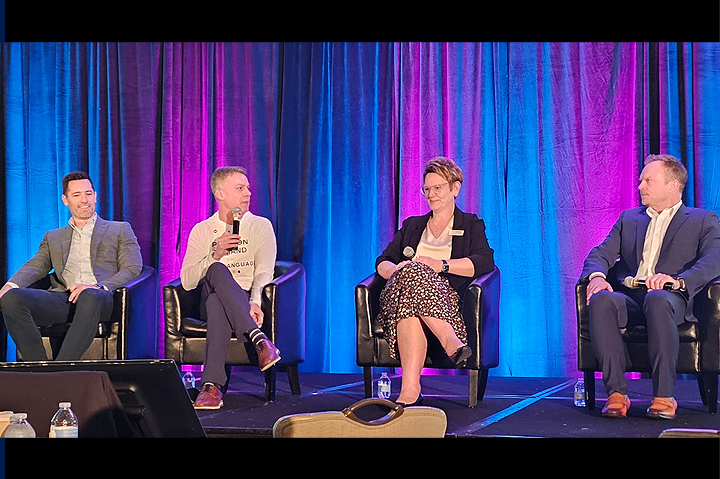
Print On Demand Conference 2026: ‘The Opportunities Are Limitless’
Suppliers, distributors, decorators and other POD professionals gathered in West Palm Beach, FL, to discuss challenges and advancements in the on-demand merch space.
-

How Olympic Medal Malfunctions Could Have Been Avoided, According to Suppliers
After multiple reports of medals breaking at the 2026 Winter Olympic Games, promo manufacturers share what went wrong and why design choices matter.
-
Get a Leg Up on Profits by Selling Pants
Distributors focused only on the top half of apparel could be missing a lucrative opportunity to complete an outfit and increase order sizes.
-

5 Must-Know Facts About Print on Demand
In this ASI Learning Network course, ASI Media’s Theresa Hegel gives an overview of the technology and how it can lead to more sales.
-
How AI Tools Can Help Boost Your Direct-To-Film Designs
Julia Saxon of BeeGraphix explains how she used ChatGPT, Midjourney and other generative AI tools to create a mini-merch collection for Branding Together, the joint podcast hosted by ASI and PRINTI...
Sponsored Content

SnugZ USA
Introducing Puffin Drinkwear: Now Available for Promo
Delight your clients with a unique can cooler that's as functional as it is fun. We're talking about Puffin Drinkwear , now available from trusted supplier SnugZ USA (asi/88060). You read...
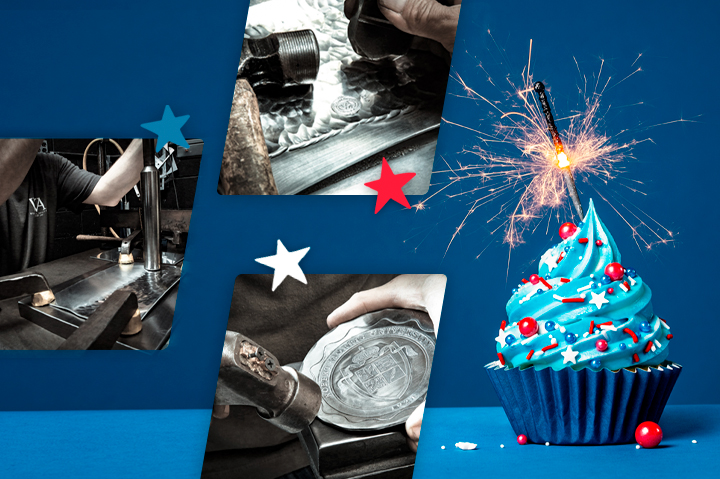
Wendell August Forge
Why You Should Sell Made in the USA for America’s 250th Anniversary
This year marks America's 250th anniversary , bringing with it demand for American-made goods and branding opportunities for American businesses and events. Help your clients celebrate this...

AutoTran, Inc.
Quiz: How To Pick Your Perfect Flatbed Printer
Ready to invest in a flatbed printer, but not sure which one is right for you? Answer a few quick questions to get matched with the best printer for your business .

